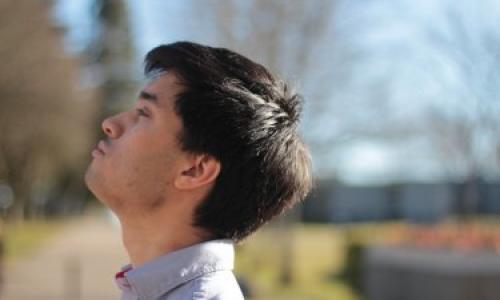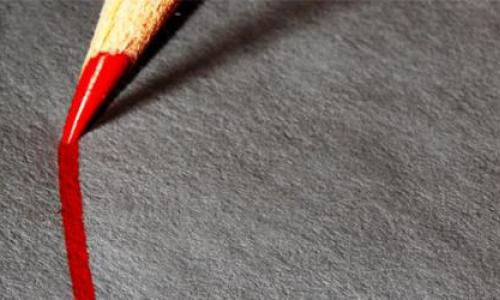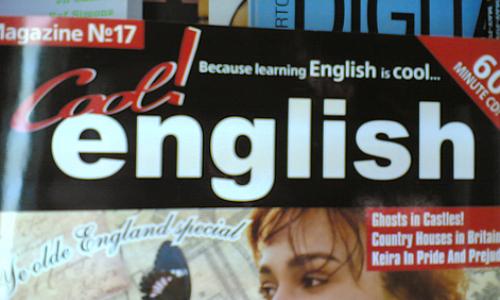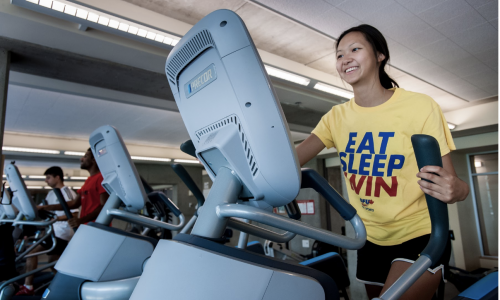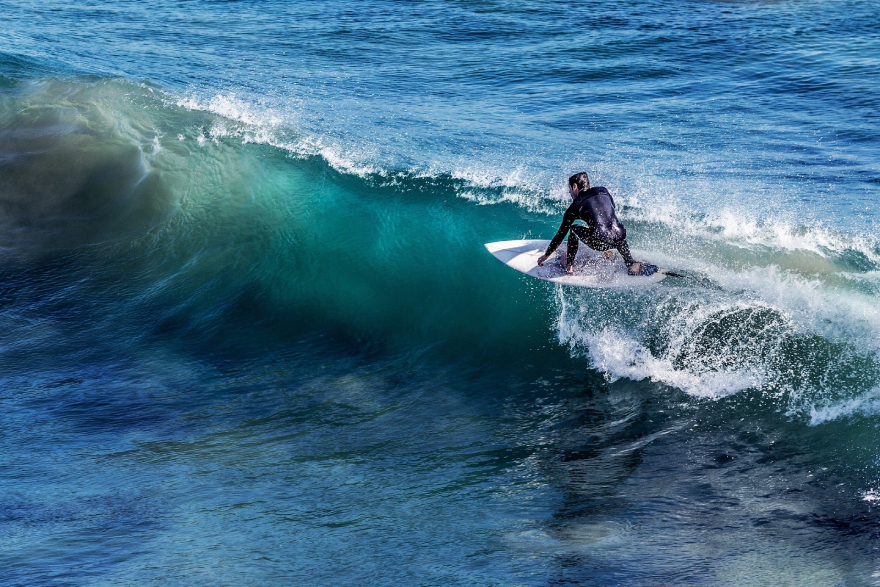
This blog was originally posted on the SFU Recreation blog on August 10th, 2021.
Summer is finally here! Which means there is no better time than now to take advantage of all of the different summer activities in BC, including all things water related. With an abundance of beaches and lakes on the West Coast, there are lots of different activities that you can do outside while staying cool. Here are some of our recommendations for ways to stay active in the summer, water sports edition:
A fun fact about swimming is that it burns the same calories as running and cycling if done at the same intensity. It can also be a really great way to add diversity into your workout while enjoying the sun and staying cool. Swimming can also be done with friends or alone and in an outdoor or indoor setting.
Costs: Free!! However, some indoor pools and recreation center's often have entrance fees if you are not a member there. Flotation devices can also be costly depending on if you rent it near the place you go to or purchase your own.
Safety Tips:
-
Take some swimming lessons at your local recreation centre.
-
Invest in a lifejacket or flotation devices to help you in the water. Even the strongest swimmers may need some support while swimming in outdoor settings.
-
Make sure to always bring a buddy if you are not in an indoor pool. If something happens in the water, your buddy can help or get help.
Recommended Places: Cultus Lake, White Pine Beach (transit accessible), Lindeman Lake, Barnet Marine Park (transit accessible), Buntzen Lake, Ambleside Park Beach (transit accessible) and more!
With Vancouver being a coastal city, fishing has become a popular leisure activity. It is a great way to enjoy the great outdoors, and also get some daily exercises. It is an activity that involves hiking, and sometimes paddling if it involves a watercraft. Overall, it is a pleasant and light activity that can be rewarded with a delicious meal.
Cost: Range from $50 to 100 for general rods and gears at Walmart or any department store. You can also purchase licenses online for ~$25 for tidal (ocean) areas and ~$35 for non-tidal (lakes and rivers) areas. Make sure to do your research about restricted areas to avoid being fined for fishing there.
Safety tips: Keep someone informed about your trip: destination, time, when is the estimated time to come back. This can help others to be aware of the situation, in case something goes wrong.
Recommended places: Como Lake, Buntzen Lake, Belcarra, Ambleside Park, and more.
With the temperature rising, canoeing and kayaking are some great ways to stay dry, while still getting to be on the water. It can also be a great strength training activity, while helping you get some cardio in.
Cost: Range from $100 - 1000, as the average price for a canoe and a kayak is 800$ but all of the accessories can add up to around $1000. Rental is another option, as most places charge ~$100 for a full day of rental, with life jackets included.
Safety tips:
-
ALWAYS WEAR A LIFE JACKET! Although it can be hot wearing them, it is a life saver during emergency situations.
-
Learn to canoe and kayak with someone that is experienced, as these watercrafts can easily flip over.
-
Do not go out into open water or rough waves if new to the sport.
-
Stay in sight of others, as they can call for help or help out if anything goes wrong.
Recommended places: Belcarra, Rocky point, Ambleside, Buntzen Lake, Pitt Lake, Alouette Lake, Twins Island, Racoon Island, and many more.
Originating in Hawaii during the 1940's, paddleboarding has since been a great way to stay active especially during the summer! It is easy to do which means it is perfect for beginners!
Costs: Owning a paddle board comes with its benefits, however it can be costly as prices range from $350-800 including accessories. Renting the equipment for ? a couple hours instead is a great cost saving way to test out the sport. Most rentals in the Vancouver area start off at $30.
Safety Tips:
-
If you're new to the sport, most paddle boarding rental companies offer lessons so you can gain some confidence before you go out into the water!
-
Bring a floatation device or a lifejacket!
-
Make sure to have a leash on the board that is safely secured to prevent your board from floating away from you if you do fall into the water.
Recommended Places: Deep Cove, White Pine Beach (transit accessible), Jericho Beach, White Rock Beach, Kitsilano Beach (transit accessible) and more!
BC is a great place to experience rafting because it has lots of rivers and rapids to conquer and is a way to view the beautiful scenery in BC! Rafting involves a lot of teamwork and cardio, so be sure to go with some friends, family or even join a club.
Costs: Rafting can be costly, however it is definitely worth the experience! Most rafting companies around BC charge around $170-220
Safety Tips: Rafting is considered as an extreme sport, meaning it does have its risks. So, staying safe while doing it is very important. Be sure to have a personal floatation device and a life jacket. Alongside this, always wear protective gear like a helmet.
Recommended Places: Fraser River, Elaho River, Cheakamus River, Squamish River and more!
Surfing is also a great cardio activity that builds your core strength and balancing ability, all while enjoying the beautiful beach and warm weather. Unbeknownst to people, BC has a place to surf in Tofino, located on Vancouver Island.
Cost: Board rentals are a cheap option for those who are just starting out, as it only costs around $30 for the board and $20 for the wetsuit. Beginners can also get lessons for the price of ~$150 per lesson. For those looking to own their own boards, $250 and up would be the price they will be looking at.
Safety tips: Always wear the board strap to prevent you from losing your board. Make sure to also be aware of your surroundings and keep an extra eye out for swimmers and other surfers.
Recommended Location: In BC, the only location would be Long Beach Tofino, it is known worldwide as the surf capital of Canada.
Scuba diving and snorkeling is a great way to experience the sensation of being one with the water while getting a chance to see the ocean life and the beauty of nature! Snorkeling can be done by floating on the surface of the water and being able to see what is in the water, while scuba diving is done by being underwater and using an oxygen tank to breathe.
Costs: Snorkeling equipment is not that expensive, all that is needed is a mask and a breathing tube. Fins are optional! However, renting the gear is also an option. Scuba diving is more costly due to the gear required, the best way to experience it is by doing it with a licensed company which provides all the gear for the trip. Scuba diving around BC costs around $120-150 for a 5-hour dive!
Safety Tips: Being safe while snorkeling and scuba diving is very important, the key to being safe is to not panic and be confident when in the water, practice breathing slowly and conserving energy as snorkeling and scuba diving is quite tiring. Beginners can take scuba diving lessons for that added level of safety at any of the local scuba diving companies. Lastly, always listen to the divemaster/instructor!
Recommended places: Gabriola Island, Whytecliff Park, Porteau Cove, Caulfield Cove, and more!
If water sports is something new to you, don't be intimidated! Everyone starts somewhere and there are lots of people and resources to help you get started. Remember, skill comes with time and besides the most important thing is the experience and not whether you are doing it perfectly. So while you're out on the water, take some time to just enjoy your surroundings and the feeling of being in the water and out in nature.
Besides water sports, there are lots of other fun activities to do over the summer to stay active. Stay tuned for our other blogs coming. Remember to stay safe and just keep swimming!











